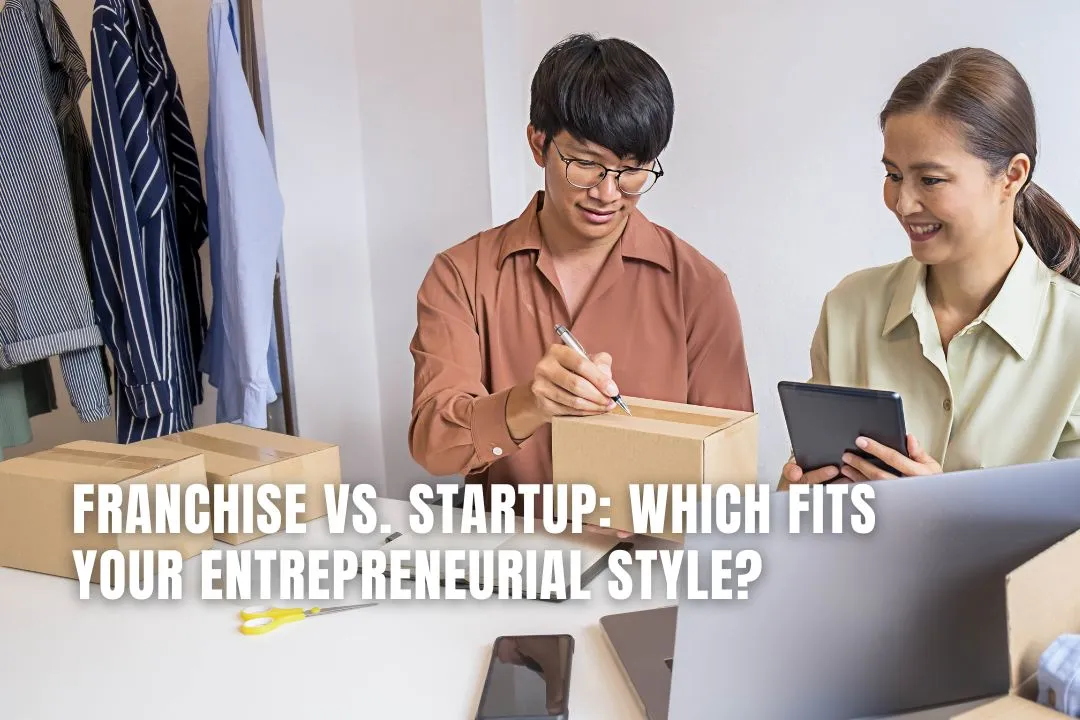
Building a business from the ground up is a dream shared by many, but the path to that goal varies widely. Some entrepreneurs seek the independence and control of launching a startup, while others are drawn to the structure and brand recognition offered by a franchise. These two routes differ in everything from risk level and creative freedom to daily operations and long-term growth. Understanding which suits your style is key to making a confident and rewarding decision.
Startups are often born from a desire to solve a problem in a new way. This route gives founders complete control over branding, business model, and decision-making. From the company name and logo to the product features and customer experience, every element reflects the founder’s vision. This freedom can be exhilarating, but it requires a high tolerance for uncertainty and a capacity to make tough decisions without a safety net.
Franchising, by contrast, offers less creative freedom. The business model, brand identity, and daily operations are already established. This predictability can be appealing to entrepreneurs who prefer a proven formula over building everything from scratch. It limits the opportunity to innovate, but it reduces the chances of making costly mistakes.
Initial investment plays a significant role in deciding between a franchise and a startup. Startups often demand lower upfront capital, but they come with unpredictable costs over time. Entrepreneurs must fund product development, marketing, staffing, and infrastructure—usually without a guaranteed return.
Franchises often have higher initial fees, but that investment buys access to a fully developed system. From training programs to supplier networks and marketing tools, the support structure is already in place. This doesn’t eliminate risk, but it provides a layer of guidance that many first-time business owners find reassuring.
One of the most powerful assets a franchise provides is its name. Walking into a business with an established reputation creates an instant level of trust with customers. This can mean faster revenue, easier hiring, and more straightforward marketing.
A startup has none of these advantages. The burden of building credibility falls entirely on the founder. While this creates room for a unique identity and a loyal customer base over time, the journey to that point is often long and expensive. Every sale is a test of your brand’s ability to deliver.
Startups allow founders to design their schedules, define their own culture, and shift direction as the market evolves. That level of flexibility can be crucial when testing different strategies or responding to early failures. Pivoting is easier when you’re not tied to an established playbook.
Franchises don’t offer the same leeway. Franchisees must follow company rules about everything from uniforms to store layout. The advantage is consistency, but it comes at the cost of autonomy. If you’re someone who wants to adjust quickly or test bold ideas, this can be limiting.
The balance between risk and structure can be found in options that offer both independence and a reliable framework. Starting a business from scratch allows for creative control but can lead to uncertainty without clear direction. Franchising, on the other hand, offers consistency, though it might limit how much you can shape the business to reflect your ideas. Choosing to own your own McDonald's or a similar franchise allows you to operate within a proven system while still making key decisions that shape the day-to-day success of the business. This approach appeals to those who want the rewards of ownership without navigating every challenge alone.